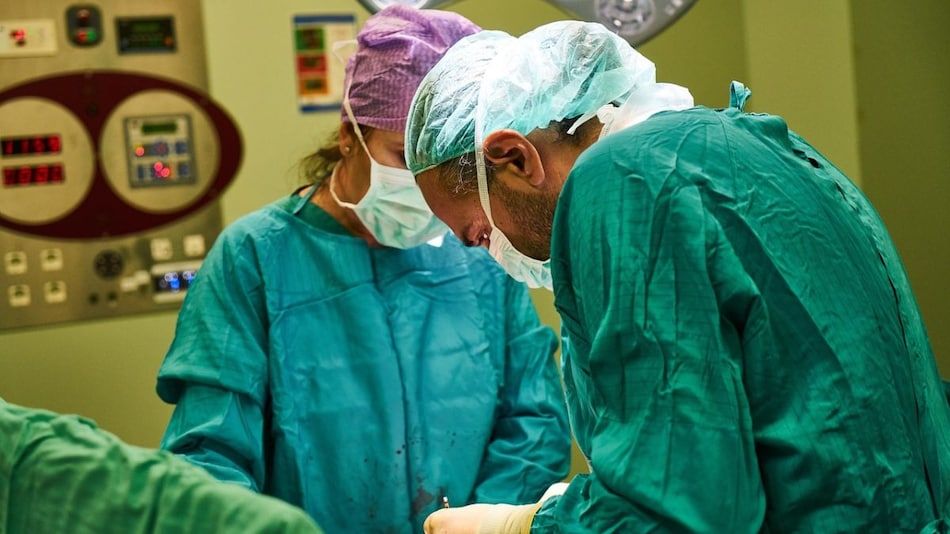Revolutionary Brain Tumour Detection Tool Developed: FastGlioma Prides Surgeons with Ultra-Speedy Cancer ID In 10 Secs

In a groundbreaking development that could change the face of neurosurgery, researchers from the University of Michigan and the University of California, San Francisco, have unveiled an artificial intelligence-powered tool called FastGlioma. This innovation has been hailed as a significant advancement in detecting residual brain tumours during surgery, promising faster and more accurate results within just 10 seconds.
According to a study published in Nature, FastGlioma boasts a stunning accuracy of 92%, outpacing conventional methods that struggle with high-risk tumour remnants. Researchers claim that this AI-powered tool can differentiate between healthy brain tissue and cancerous cells much more efficiently than existing procedures like intraoperative MRI or fluorescent imaging agents.
Neurosurgeon Todd Hollon, from the University of Michigan Health, described FastGlioma as "transformative" and a game-changer for neurosurgery. The innovation enables surgeons to reduce reliance on these time-consuming methods, which are often unavailable or unsuitable for all tumour types.
The model's power lies in its ability to identify tumour infiltration rapidly, using high-resolution optical imaging combined with AI capabilities. This technology was tested on specimens from 220 patients with low- or high-grade diffuse gliomas, showcasing FastGlioma's exceptional performance in differentiating between healthy and cancerous tissue.
Experts at the University of Michigan praise the model for its capacity to enhance surgical precision while minimizing the need for imaging agents, which can be costly and burdensome. Co-senior author Shawn Hervey-Jumper, a professor of neurosurgery at UCSF, emphasized that this tool holds tremendous potential for revolutionizing cancer surgery.
What sets FastGlioma apart is its adaptability - built on foundation models trained on vast datasets, it can be applied to other types of cancers without extensive retraining. Aditya S. Pandey, chair of neurosurgery at the University of Michigan, sees immense promise in this technology for global cancer surgical outcomes and aligning with cancer surgery guidelines.
As researchers prepare to expand FastGlioma's application to more tumour types, this innovative breakthrough could lead to significant changes in cancer treatment worldwide, offering unprecedented results for patients suffering from brain tumours.
